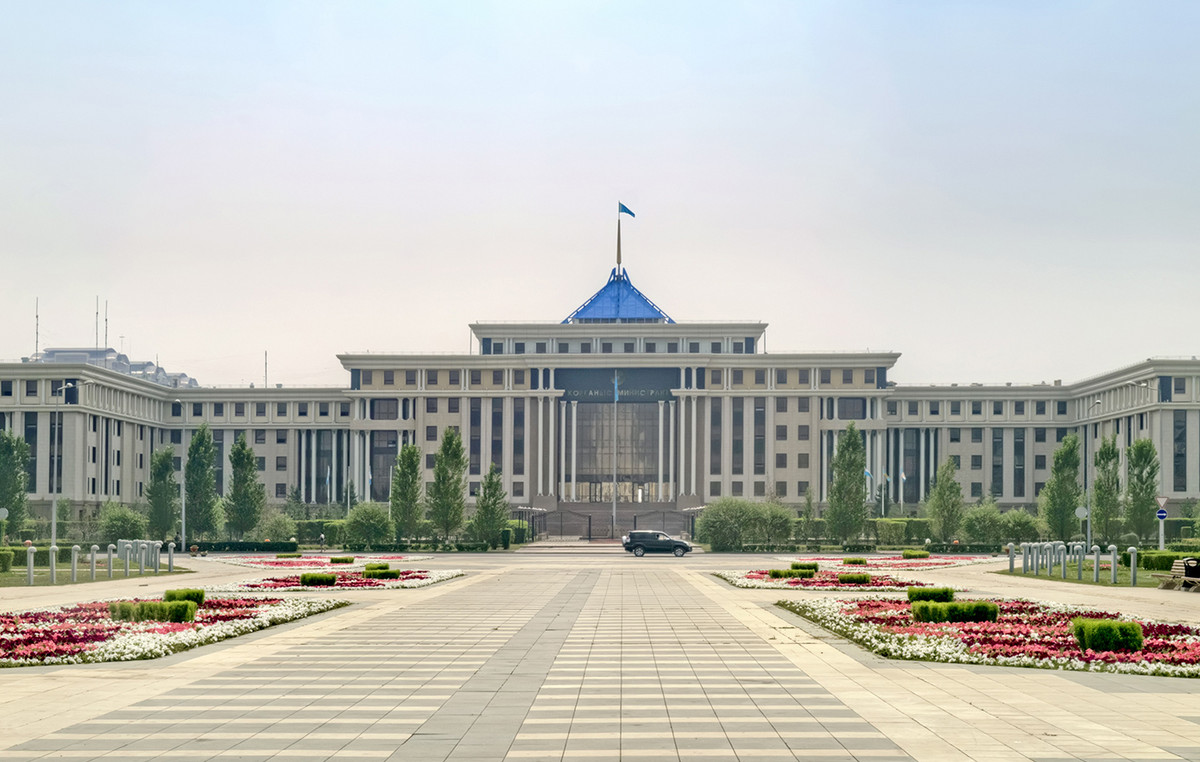Nigeria was forced on Wednesday to postpone plans to replace its banknotes with a redesigned currency following chaotic scenes at ATMs as millions of people struggled to get their hands on the new cash.
The country’s old banknotes were supposed to cease to be valid from Feb. 11, but the country’s Supreme Court has suspended that deadline because banks have failed to make enough of the new naira available.
Nigerians have spent hours in long queues at ATMs since late last month after rushing to deposit old bills before the initial January 31 deadline. But they couldn’t get enough out of the new versions to cover their day-to-day expenses.
This shortage has caused untold hardship for millions of Nigerians, especially those working in the informal cash-based economy and for citizens living in rural areas.
Nigerians say they are struggling to pay for food and public transport as vendors reject electronic payments. Pressure on banking infrastructure has caused many servers to fail, multiple sources told CNN .
In November last year, President Muhammadu Buhari unveiled the redesigned currency aimed at controlling counterfeiting and hoarding of large sums outside the banking system.
Governor of the Central Bank of Nigeria, Godwin Emefiele, said in January that of the 3.23 trillion Nigerian naira ($6.9 billion) in circulation in October last year, “only 500 billion naira was in the banking sector.” , while 2.7 trillion naira ($5.8 billion) was “permanently kept in people’s homes”.
Emefiele added that around 1.9 trillion naira (about US$4 billion) has already been returned to the banking system since the new notes were first introduced in November.
The redesigned notes were intended to replace the older series of 200, 500 and 1,000 naira notes on 31 January, but a 10-day extension was announced after widespread protests over the deadline.
The new banknotes are very similar to those currently in circulation, with a change in color as the only significant difference. The new naira banknotes are, however, “bolstered with security features that make counterfeiting difficult,” President Buhari said last year.
Abulrahman Abdullahi, who lives in the Nigerian capital Abuja, told CNN who needs quick cash as they are running out of food and unable to replenish supplies. Across the country, banks have increasingly become targets of growing anger over the frustrating scramble for the new naira notes.
Nigeria’s largely informal economy relies mostly on cash, but the Central Bank of Nigeria is trying to encourage people to make greater use of electronic banking, a policy considered premature by analysts.
Nigerians are desperately relying on their banks to hand out new notes after a February 10 deadline left many struggling to deposit their old notes. Banks, however, do not have enough new banknotes to hand out, fueling public anger. Some even vandalized bank properties, according to videos shared on social media.
“I’ve been here for hours,” Abdullahi told CNN as he struggled to hold his place in a rowdy queue that formed at a bank ATM in the Nigerian capital Abuja.
“I have to buy food. It has been very difficult for me. The number of times I eat a day has dropped to two, because if I run out of food, I might not be able to replenish,” he said.
At a neighboring bank, customers were instructed by staff not to withdraw more than 10,000 naira ($22) per person from their ATM. Customers of other banks were told to only withdraw 1,000 naira (less than US$3) from the ATM.
In a supermarket in Lagos, machine cash was restricted to just 1,000 naira (less than US$2), despite long waiting times.
“What can we do with 1 thousand naira! This government doesn’t care about us,” security guard Joel Johnson told CNN .

Rage and protests
The government and Central Bank of Nigeria are under pressure, and the governors of three Nigerian states are challenging in court the short time allowed to exchange old banknotes for new ones, which they warn could lead to “a breakdown of law and order”. ” ahead of the crucial presidential vote later this month.
Compounding the situation, Nigerians are also facing long queues for fuel across the country, leading to growing anger and frustration with protests erupting in parts of the country as citizens grapple with hardships caused by tight currency and increases in fuel prices.
One person was reportedly killed in clashes between protesters and police in Nigeria’s third most populous city, Ibadan, according to local media.
Economist Bismarck Rewane told the CNN that Nigeria’s transition to new currency notes could have been better managed, adding that a shortage of them would hurt the country’s economy.
“This will lead to some disruption and contraction in economic activity,” says Rewane. “The GDP numbers for the first quarter of the year will be affected.”
The Central Bank of Nigeria guarantees that “queues at ATMs will soon disappear” while directing commercial banks to pay the new notes over the counter, however, “subject to a maximum daily payment limit of 20,000 naira (US$ 43)”.
President Buhari said he was “aware of the cash shortage and the difficulties faced by people and businesses, on account of the redesign of the naira”, but assured Nigerians of “significant improvements between now and the February 10 deadline”.
beyond money
The current cash crunch is not the only shortage Nigerians are struggling with. A year-long fuel shortage has worsened in recent weeks, leaving many Nigerians broke and unable to afford gasoline, the price of which has tripled in some parts of the country.
State oil company NNPC attributes the persistent shortages to distribution problems. Analysts say fuel shortages could hurt the ruling party’s chances in February’s elections.
“It has policy implications as the ruling party suffers some disapproval from the electorate because of the difficulties it faces,” says lead political analyst Sam Amadi.
“People will write off the government as a failure… and that could affect the fortunes of the ruling party,” Amadi told CNN .
President Buhari is serving a second term and the ruling party hopes he will be succeeded by candidate Bola Tinubu, a former governor of the country’s wealthiest state, Lagos.
Amadi suggests that the scarcity of the new naira could have a positive impact on the upcoming elections.
“It can actually reduce vote buying if managed well, which is probably (one of) the strategic objectives of monetary policy around the new naira,” he says.
Vote buying has been a feature of Nigeria’s elections, which have been marred by violence and fraud in recent years.
Source: CNN Brasil
I am an experienced journalist, writer, and editor with a passion for finance and business news. I have been working in the journalism field for over 6 years, covering a variety of topics from finance to technology. As an author at World Stock Market, I specialize in finance business-related topics.







